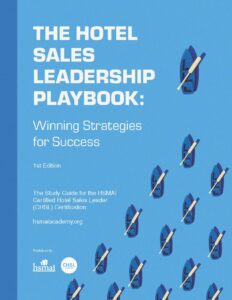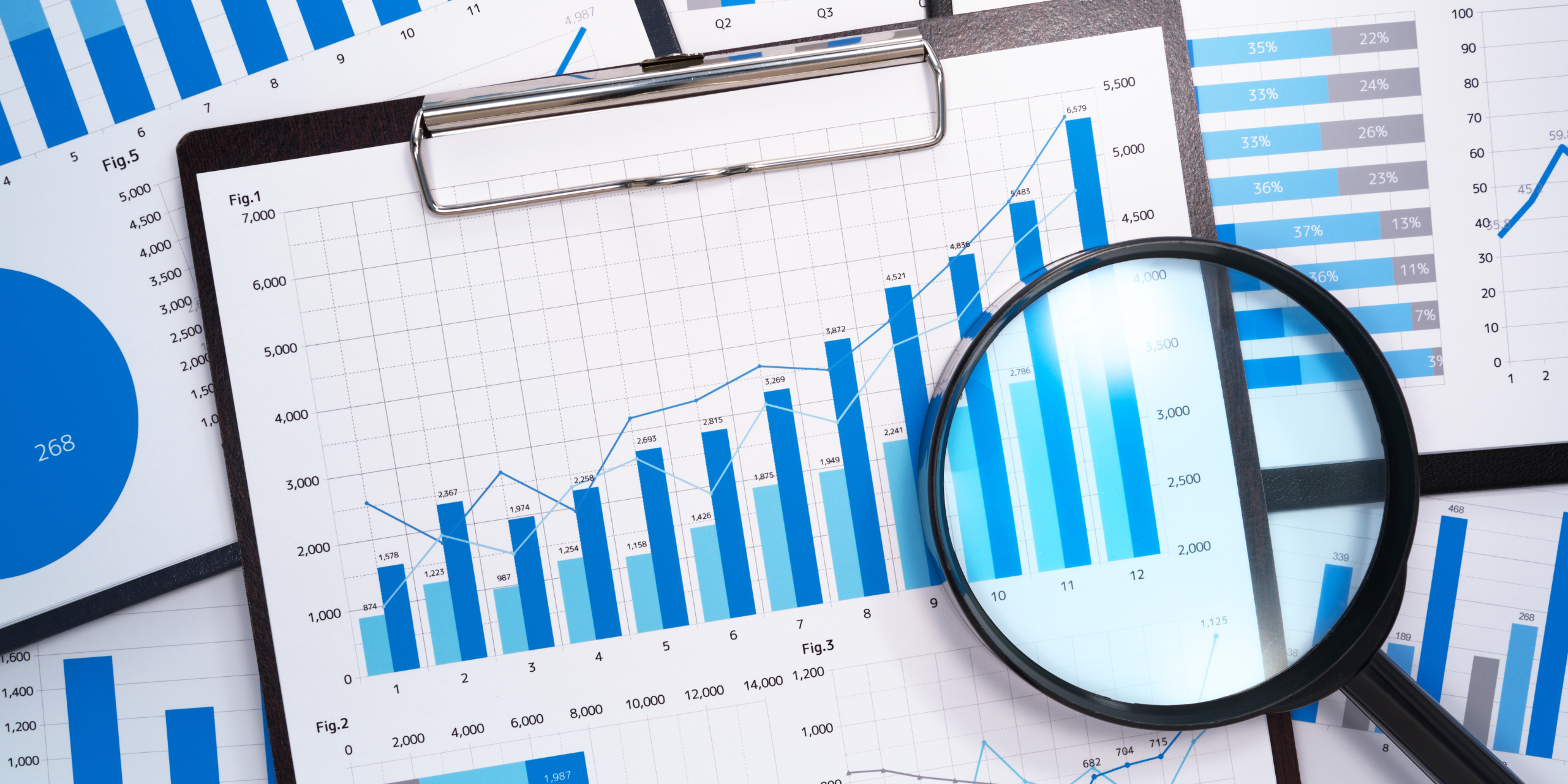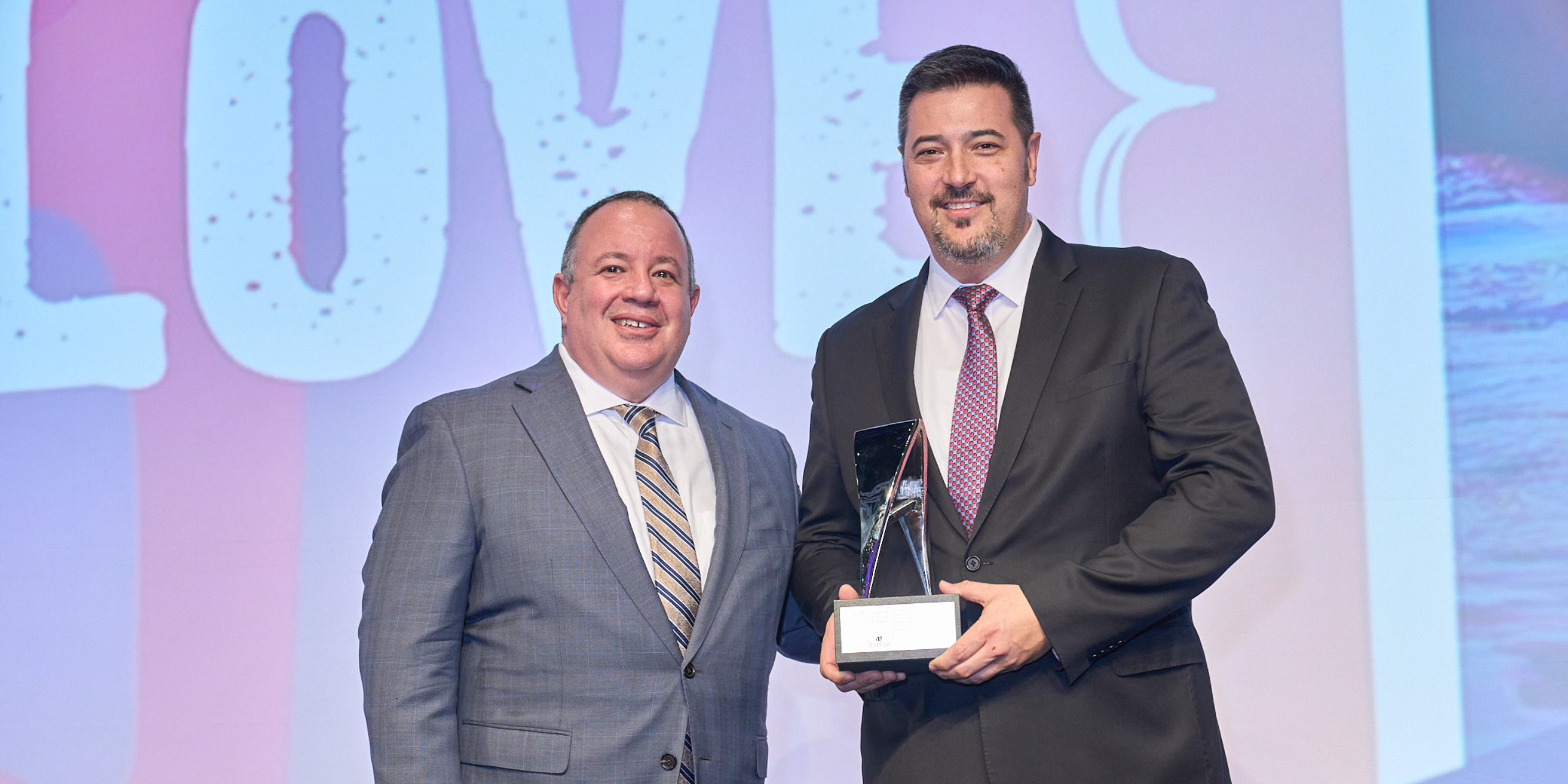In today’s fast-moving, data-rich environment, every business leader will benefit from understanding the mechanics of data analytics. In the HSMAI Academy’s Hotel Data Analytics Essentials Course, you will learn how hoteliers capture, store, and analyze data to gain insights that drive smarter business decisions. With a mix of theory and practical exercises, the course will provide you with:
- A basic understanding of data
- Fundamental techniques for unlocking insights from that data
- Ability to tell a story to stakeholders with the data and analytics


 Chapter 8: Driving Hotel Sales Through Diverse Marketing Strategies
Chapter 8: Driving Hotel Sales Through Diverse Marketing Strategies 







